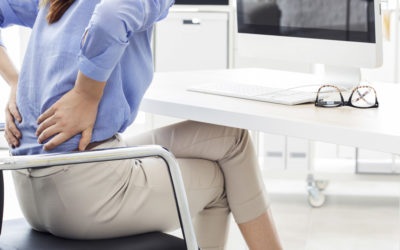Cystoscopy
If a urinary problem is causing concern or interrupting your life, a urologist may be able to help.
The urologist at Evanston Regional Hospital specializes in cystoscopy, a simple procedure to diagnose, monitor and treat conditions affecting the bladder and urethra (the tube that carries urine out of the body). We can often perform this short procedure right in the office, with fast results so you can get peace of mind and back to good health.
About the Procedure
During cystoscopy, your urologist uses a small scope to examine the inside of the bladder and urethra for any abnormalities. The instrument has a tiny lens with a light on the end, allowing for an up-close view on nearby video monitors. Water or saline is also infused through the cystoscope, inflating the bladder to make all areas easier to see.
The procedure may be recommended for a variety of reasons, such as:
- Assessing symptoms: Helps your doctor determine what may be causing problems like blood in the urine, painful urination, incontinence, an overactive bladder or frequent urinary tract infections (UTIs).
- Making a diagnosis: Used to identify various bladder diseases, including bladder stones, inflammation or cancer, as well as an enlarged prostate.
- Treating a condition: Special tools can be passed through the cystoscope to perform a number of procedures, including removing small bladder stones or tumors, stopping internal bleeding or injecting medication to treat urinary leakage.
A simple cystoscopy usually only takes five to 10 minutes, performed in the office using a local numbing jelly in the urethra to help prevent any pain.
Results are often available right after the procedure, though it may take a few days if your doctor collects tissue (biopsy) for lab testing.
Recovery & Follow-Up Care
You should be able to go home the same day as your cystoscopy, usually immediately after if a local anesthetic was used.
In the hours following your procedure, you may experience some mild discomfort or side effects, including an increase in urinary frequency, a burning sensation during urination or mild bleeding.
If those issues persist, or you experience any problems, such as severe abdominal pain, chills or fever, call your doctor or seek medical attention right away.
Schedule an Appointment
Call 307-789-9355
Related Services and Conditions
Urology
As you live your life, the last thing you want to be bothered by is a urinary problem like a kidney stone, a UTI or incontinence. Urology is a medical and surgical specialty that treats the urinary tracts of men and women, as well as, men’s reproductive systems....
Kidney Stones
Living with kidney stones can be quite painful. But with newer, minimally invasive treatments, removing them doesn’t have to be. The urologist at Evanston Regional Hospital specializes in laser and shock-wave lithotripsy – incision-free procedures that break kidney...
Sling Surgery for Incontinence
If you’re like the millions of Americans living with urinary incontinence, we know how disruptive it can be to your life and peace of mind. The urologist at Evanston Regional Hospital specializes in techniques, including bladder sling, a common outpatient procedure...



